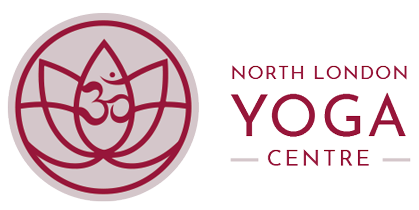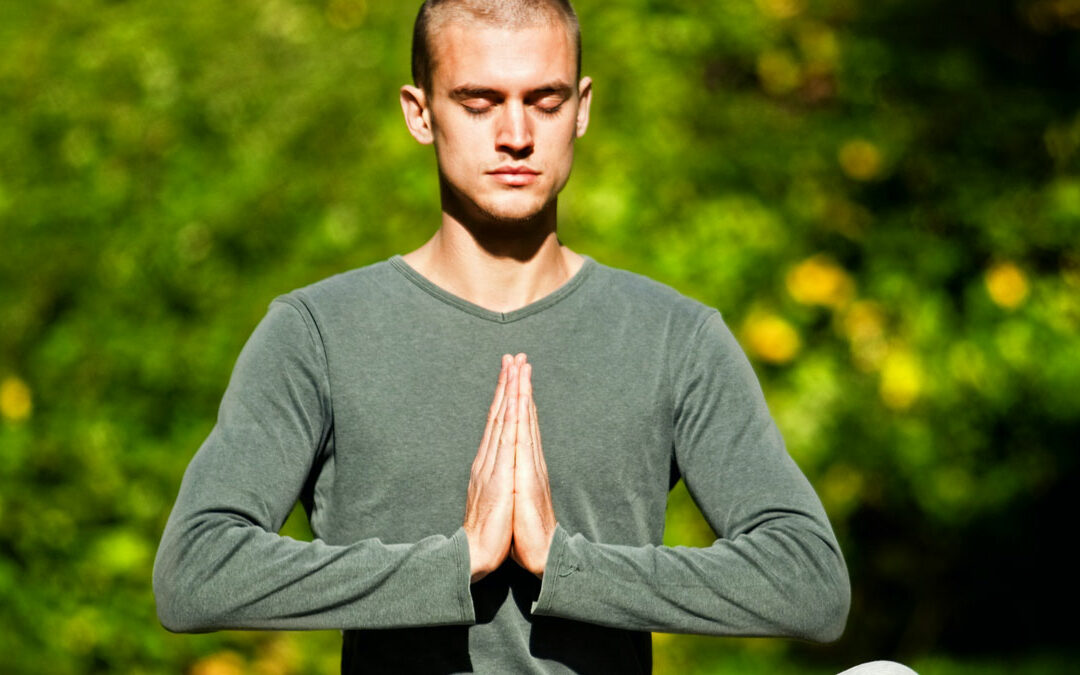The Five Points of Yoga
Swami Vishnudevananda taught five easy principles of Yoga. They bring together the often-complex philosophies and teachings of India’s ancient yogis in a form that is easy to understand and simple to adapt to everyday life, wherever you live in the world.
1. Proper Exercise (Asanas)
Asanas rejuvenate the whole body. They work primarily on the spine and central nervous system. The spine gains in strength and flexibility and circulation is stimulated, bringing nutrients and oxygen to all the cells of the body. Asanas increase motion in the joints and flexibility in muscles, tendons, and ligaments. They massage internal organs, boosting their function.
2. Proper Breathing (Pranayama)
During yogic breathing the yogi absorbs a tremendous amount of prana (vital energy), which is stored up in the solar plexus. The solar plexus is often called the “abdominal brain”. It is located behind the pit of the stomach. It is also considered the main storage house for storing prana (vital energy) in the physical body. Just as a storage battery stores electricity, so also does the solar plexus store prana while we breathe. Through specific breathing techniques this energy is released for physical and mental rejuvenation.
3. Proper Relaxation (Savasana)
Deep Relaxation works on three levels – physical, mental and spiritual – and is the most natural way to re-energise body and mind. Regular relaxation acts like a car’s cooling system, keeping the engine from over-heating and ensuring the vehicle functions efficiently. During the deep relaxation at the end of a yoga session, the body uses only enough prana to maintain vital metabolic activities. The rest of the energy gained during practice is stored.
4. Proper Diet (Vegetarian)
Eating with awareness. A yogi takes food which has the most positive effect on the body and mind and the least negative effect on the environment and other creatures. A lacto-vegetarian diet is recommended – grains, pulses, fruits and vegetables, nuts, seeds and dairy products – including plenty of plants. Fresh and unrefined foods are thought best, prepared simply, to preserve maximum nutrients.
5. Positive Thinking and Meditation (Vedanta and Dhyana)
Positive thinking and meditation are the yogic keys to peace of mind. Meditation techniques calm the mind and enhance focus. Regular meditation promotes physical and spiritual, as well as mental well-being. Meditation is beneficial for everyone, especially those with a hectic, stressful life.
Source:– The Complete Illustrated Book of Yoga – Swami Visnudevananda
– Yoga, your home practice companion – Sivananda Yoga Vedanta Centre
– Sivananda Yoga Putney London – Programme October 2016 – February 2017
Compliled by Carmen Burby
Check out our range of Live and Online Yoga and Meditation classes for all ages and abilities at our friendly and welcoming Yoga centre in Barnet, north London.

